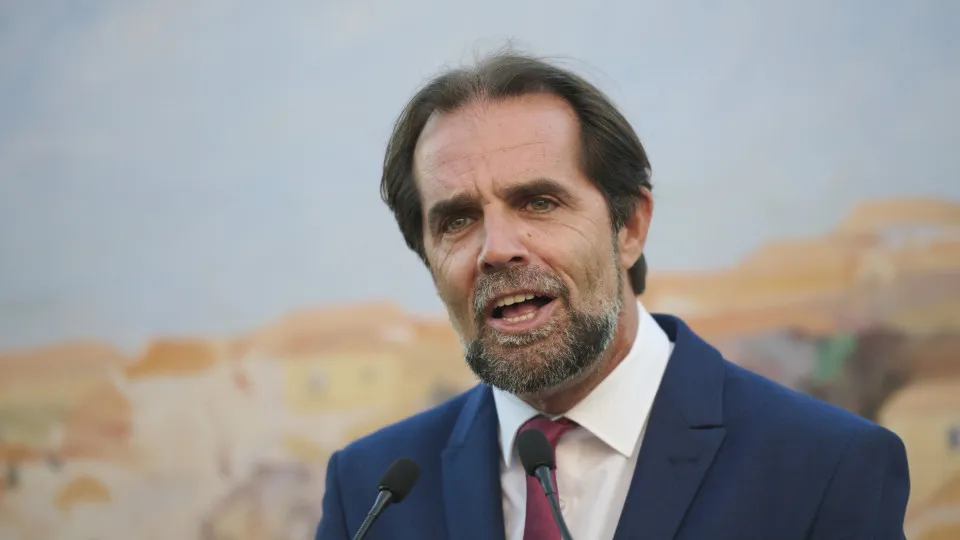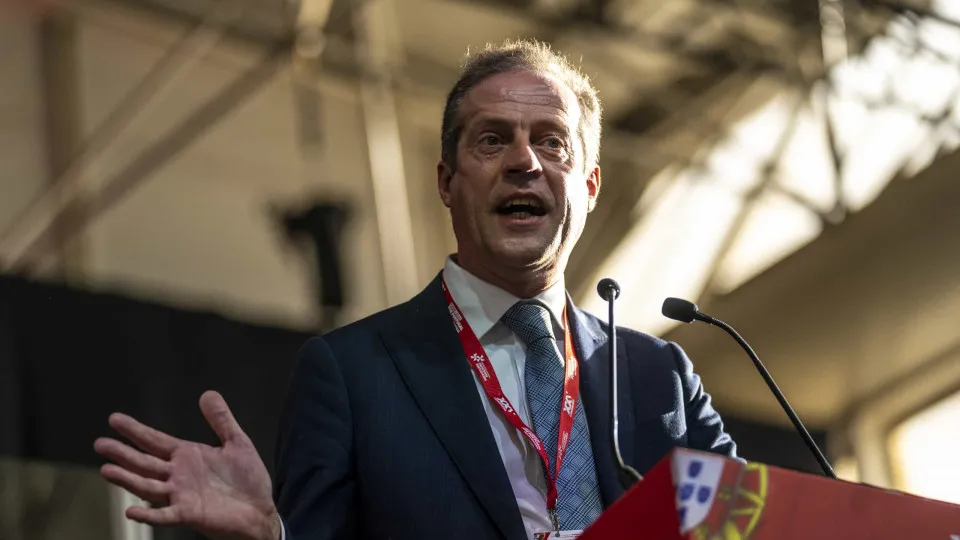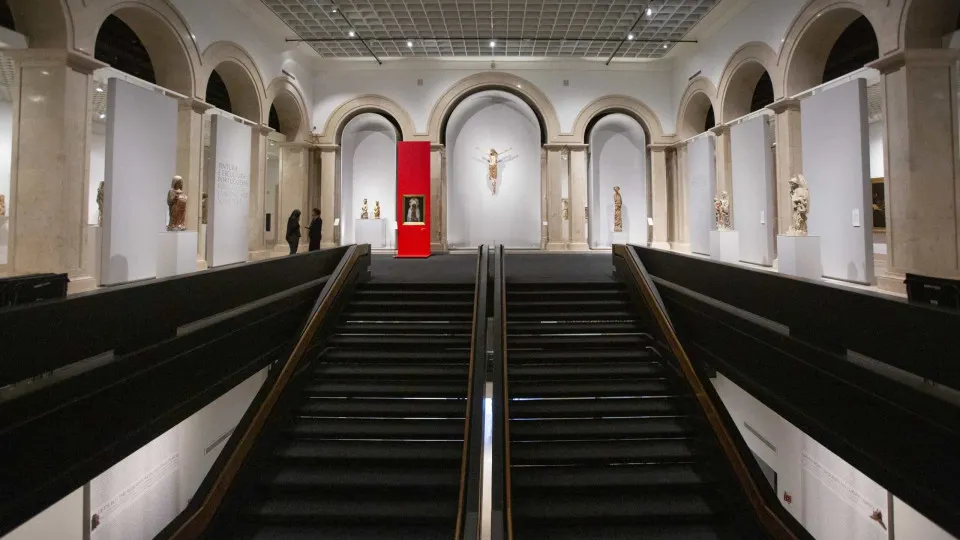
“Let the essential matters be discussed and allow the democratic process to unfold, as, at this moment, it is truly the workers and the people facing great instability,” stated Tiago Oliveira to journalists in Marinha Grande, in the district of Leiria, where a strike in the glass sector commenced today.
When questioned about the political instability in the country, the union leader highlighted the need to understand that “workers feel instability when they look at their salary at the end of the month and see that the month has more days than their salary can cover.”
The union leader advocated for political parties to engage the populace, retirees, young people, and working individuals in discussions over the coming months, focusing on proposals concerning salary increases, combating job insecurity, or improving the National Health Service and other public services.
At Santos Barosa, part of the Vidrala Group, where the strike was initiated by the Portuguese Federation of Construction, Ceramics, and Glass Unions (FEVICCOM) to demand fair wage increases, Tiago Oliveira praised the “fantastic turnout” for the strike.
The Secretary-General of the General Confederation of Portuguese Workers accused the glass sector of unilaterally implementing wage increases without negotiations.
“It’s a sector obstructing negotiation and advancing with salaries below the objectives and demands of the workers,” emphasized the leader.
Tiago Oliveira stressed that the strike aims to address the “appreciation of salaries,” noting the necessity of acknowledging the significant rise in the cost of living affecting workers and the Portuguese population.
“We must tackle this immense increase affecting those who work. Workers have only one source of income, their salary,” he pointed out.
When asked about the prospect of the strike yielding no results, the CGTP representative argued that “the company must consider the scale of the struggle (…) and must understand that when a worker fights, they do so convinced that they are in the right,” urging for negotiations to commence.
The strike, initiated at Santos Barosa, which employs approximately 500 workers in glass bottle production, extends to Gallo Vidro and Vidrala Logistics, also part of the Vidrala Group, and will continue until the week’s end.
According to FEVICCOM, this morning’s adherence was “nearly 100%.”
The demands in the three strike notices include salary increases, meal allowance adjustments, shift allowance updates, 35-hour workweeks, production bonuses, or additional vacation days.
This morning, dozens of employees gathered outside the Santos Barosa premises, displaying a banner calling for “35 hours [of work] for everyone.” Other signs read “We don’t accept handouts, we just want what’s fair” or “Millions in profits, pennies in raises.”
Simultaneously, slogans shouted included “Salary increases are urgent and necessary” and “United glass workers will never be defeated.”
A 45-year-old female worker, with 27 years at the company, emphasized that “working conditions are diminishing.”
“The staff has been reduced, and we have more work,” she declared, noting that while one worker used to manage one machine, they now handle four to six, yet “the salary is not keeping pace.”
Another 40-year-old male employee, with 17 years at the company, remarked that workers feel unrecognized for their efforts.
“If the company makes millions [of euros], it’s because of the workers’ dedication,” he insisted.




